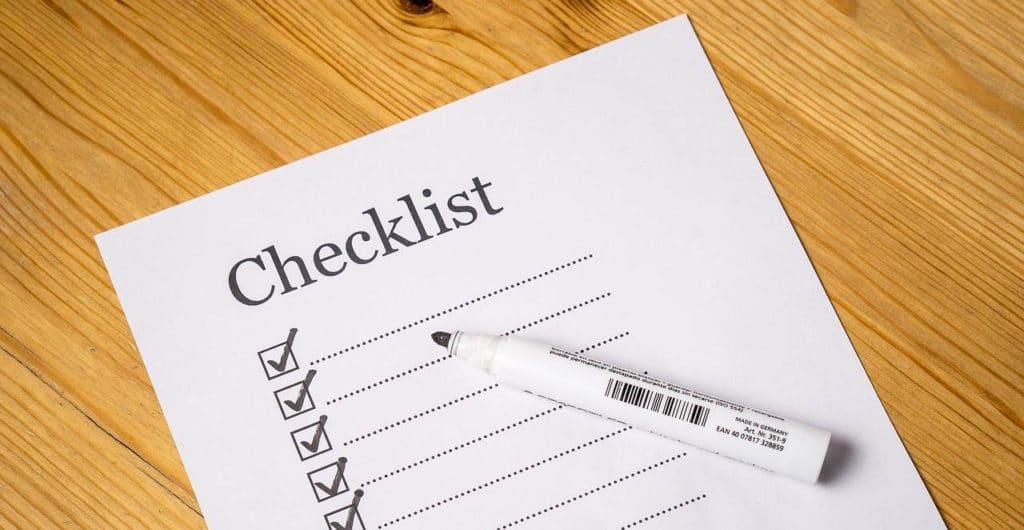Companies are spending more time and money doing background checks. Hiring someone is expensive, but hiring the wrong individual can cost much more to replace them.
The Society for Human Resource Management notes that nearly 70 percent of companies now do extensive criminal background checks. Streamlining your background checking process will help to ensure that you’ve hired the right person the first time.
Credit Reports
The Federal Trade Commission requires that you get the candidate’s permission to obtain their credit report for review. You must also tell them that you may use information on the report to decide on their employment. If you deny their employment application because of information on the credit report, you must tell them why it was denied and give them a copy of the report.
Note that credit reports may contain inaccuracies, so it’s more useful to look for trends rather than focus on individual entries. Also, note that the Federal Bankruptcy Act says that you can’t discriminate against a candidate because of a bankruptcy filing on their report. Learn about any state laws that may impact how you handle other financial information on the report.
Criminal Records
State laws also dictate what you can and can’t do when investigating someone’s criminal history, as the U.S. Small Business Administration explains. This check is best done by an attorney or a professional background verification company that is familiar with all of the laws regarding criminal records and individual privacy.
Lie detector tests can only be done by selected business types. The Employee Polygraph Protection Act allows for pharmaceutical companies, alarm, guard and armored car services to use this tool for screening.
Education Records
The Family Educational Rights and Privacy Act require you to get the written consent of the individual to obtain school records including transcripts and any financial data. While this data proves attendance, you will still want to verify that the school is accredited and that the program meets standards.
With the growth of online education, you’ll want to research the schools you find along with the courses they offer. For example, if a candidate graduated with a business degree from Penn Foster (a highly regarded online school), review the curriculum to determine if the material taught meets the needs required by the role you’re trying to fill. Program names may differ between facilities making it harder to compare.
Medical Records
You cannot review a candidate’s medical records per the Americans with Disabilities Act, nor can you disqualify them from a position based on physical status. You can ask about a person’s ability to perform specific job functions and make it a requirement in the job description (e.g. “must be able to lift 35 pounds on a regular basis”).
Don’t make assumptions. Do allow the candidate to offer solutions to these requirements. For example, when interviewing a person in a wheelchair for a role that requires accessing tall filing cabinets, they may tell you that they can stand in order to do that function.
Doing Proper and Helpful Background Checks
Forbes notes that there are a number of laws that govern background checks so it may be useful to have a professional service do this for you. You run the risk of legal liability if you don’t follow the laws, or if you try to “bend” them a little. Consider using a company accredited by the National Association of Professional Background Screeners (NAPBS). This group audits background verification companies to make sure they comply with all state and federal laws.



